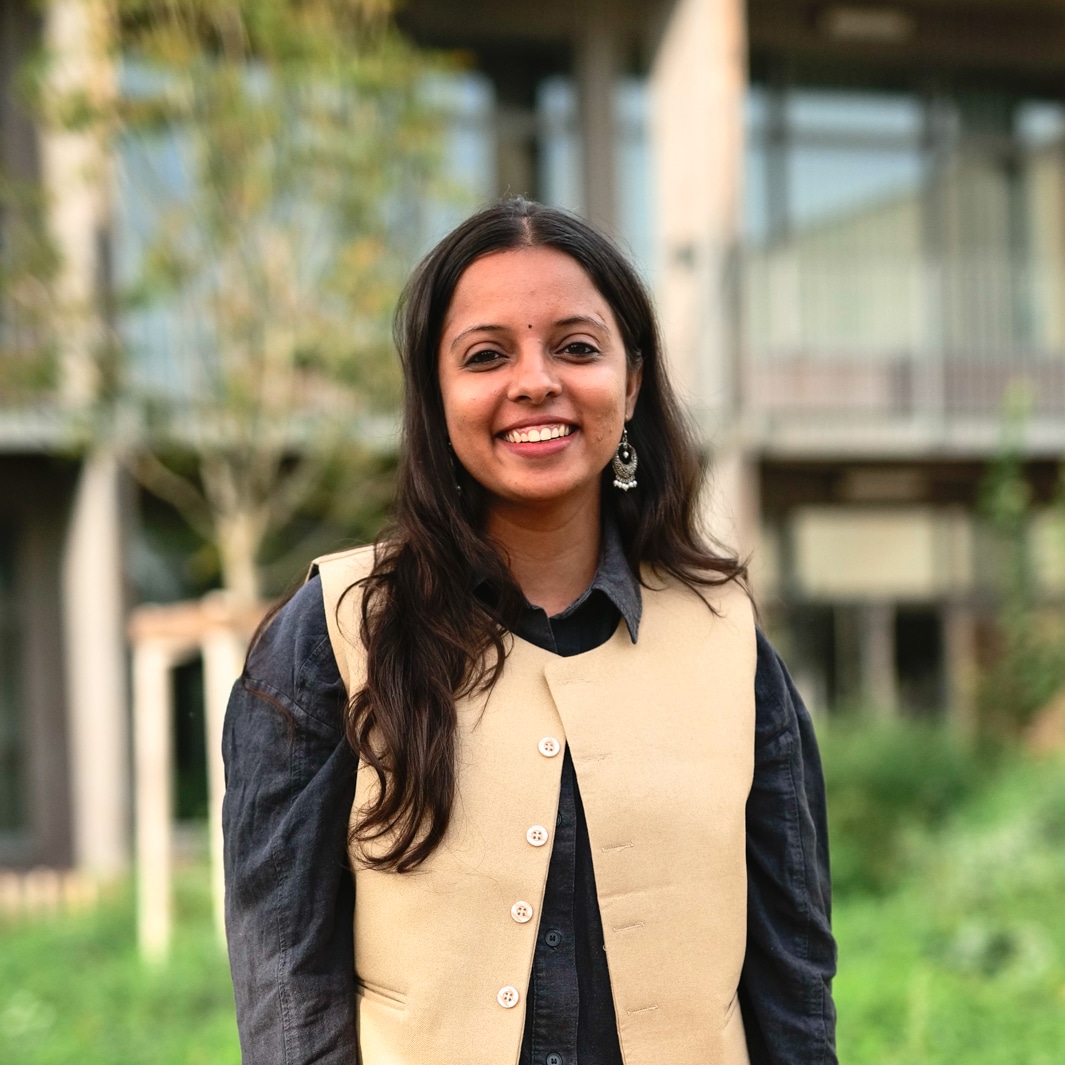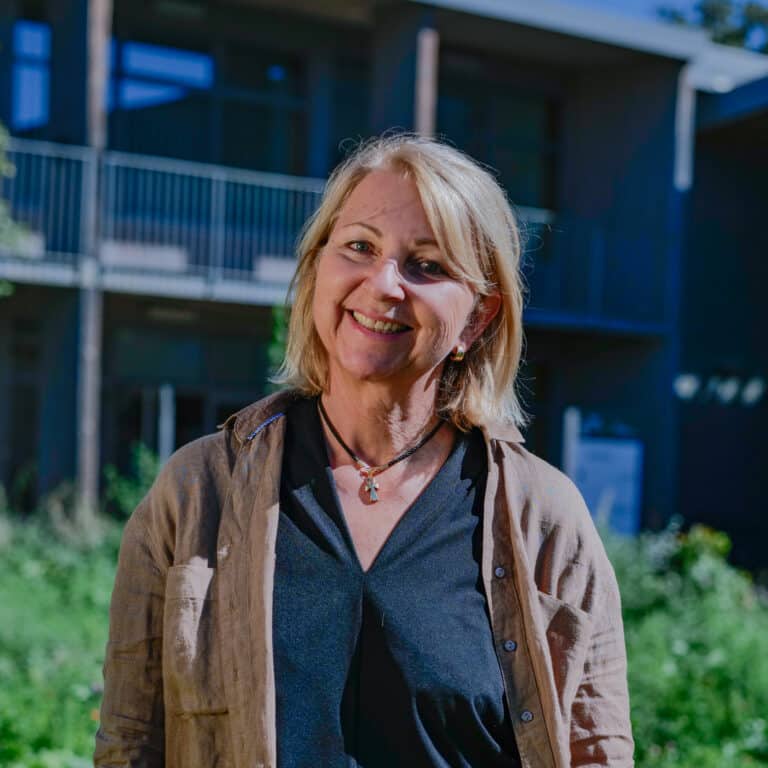
Gurmeet Kaur
Research project
Ecological Wisdom, Spirituality, and Adaptation to Climate Change in Ladakh through Women-led Development
Project summary
The relationship between nature and human life has always been deep and complex. In particular, the Buddhist tradition views this relationship not only through a spiritual lens but also in social and ecological contexts. Within this tradition, the connection between women, religion, and nature takes on a unique form. This study explores how Buddhist beliefs and practices inspire women to protect nature and how this relationship shapes their daily lives and social roles.
Harmony Between Women and Nature in Buddhism
Buddhism is fundamentally based on principles of compassion, non-violence, and harmony. It teaches kindness towards all living beings, which naturally extends to caring for the environment. For women, this message holds special significance, as they often take on traditional caregiving roles within families and communities.
The Buddhist tradition emphasizes respect for all life forms, whether humans or other creatures of nature. Inspired by this belief, many women have actively participated in safeguarding water sources, forests, and lands in their villages. Religious ceremonies and prayers, keep alive the cultural practices of environmental protection. Women, deeply involved in household and farming activities, are often custodians of traditional ecological knowledge. Their lived experiences provide them with valuable insights into sustainable use and conservation of natural resources. Buddhist teachings reinforce this knowledge, helping preserve and pass it on to younger generations.
Women’s Role: From Conservation to Advocacy
In regions like Ladakh, where natural resources are scarce and fragile, women play a crucial role in environmental protection. They engage not only in farming, water conservation, and animal husbandry but also in social movements and groups related to ecological stewardship.
Women often participate in community decisions related to conservation — such as restrictions on forest cutting, protection of water bodies, and preservation of traditional farming practices. Their religious beliefs and cultural traditions empower them to take on these roles and influence social norms. However, women frequently face challenges like time constraints, household responsibilities, and patriarchal resistance. Despite these hurdles, their religious faith and sensitivity toward nature help them persevere and continue their work.
Religious Teachings and Environmental Stewardship: A Living Heritage
Buddhism considers caring for the environment a religious duty. This understanding is not limited to temples or monasteries but is deeply embedded in village life. For women, these teachings are an integral part of their upbringing and social conduct. Religious stories, chants, and rituals serve as effective tools for imparting respect for nature to children and youth. Women often pass on these traditions, ensuring that this ecological wisdom is preserved and propagated.
Moreover, many women are members of environmental groups, where they share traditional knowledge and explore new solutions to modern ecological challenges. This dynamic exchange keeps the cultural heritage alive and evolving. Thus, Buddhist teachings inspire women not only to protect nature but also to assume leadership roles in their communities, enabling sustainable development at the grassroots level.
Biography
Dr. Gurmeet Kaur is a scholar of Women’s Studies and Buddhist Studies, with a regional focus on the Indian Himalayan belt. She earned her PhD in 2024 from the Department-cum-Centre for Women’s Studies and Development at Panjab University, Chandigarh. Her doctoral research employed a mixed-methods approach and explored gender dynamics in Tibetan communities. She has published in journals such as Asian Studies Review and Feminist Theology, and contributed to edited volumes on Buddhism by Bloomsbury Academic. Additionally, her academic blogs have appeared on platforms such as the London School of Economics and the National University of Singapore.
Currently, in her postdoctoral work, Dr. Kaur employs qualitative methodologies to investigate women-led development and ecological knowledge systems in Ladakh, focusing on adaptation to glacial retreat and environmental stress. Besides her academic research, she has been involved in diverse evaluation projects for the start-up ImpactDash, leveraging her expertise to assess social and environmental impacts throughout India.



